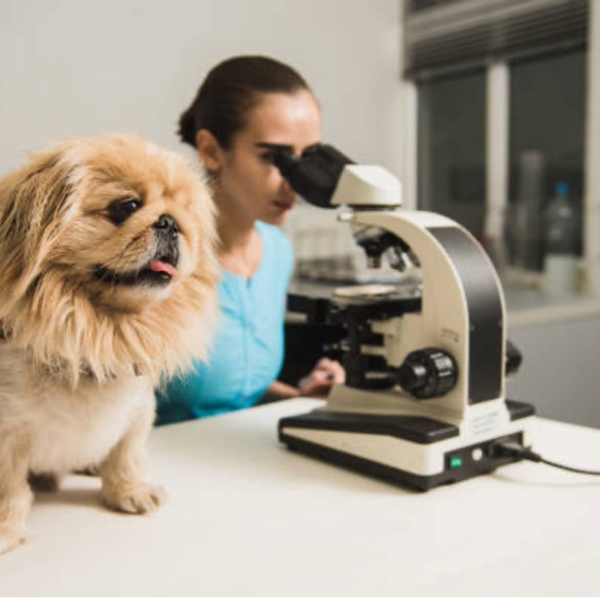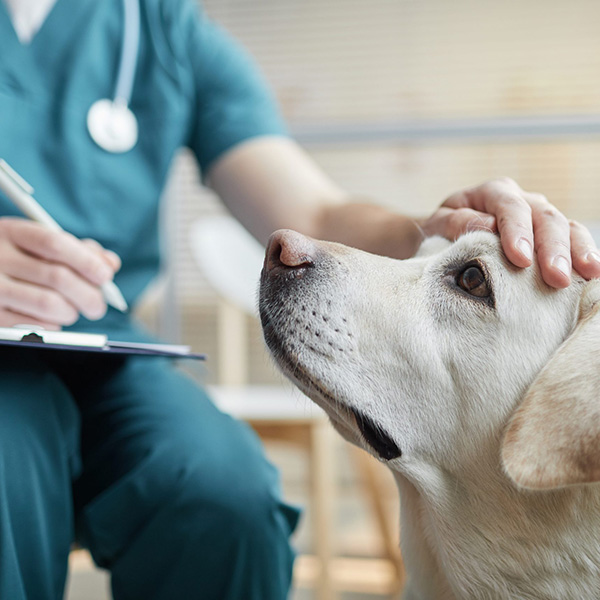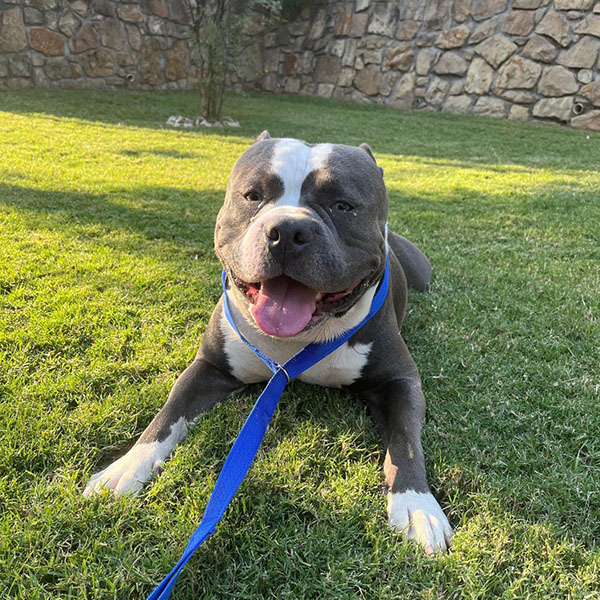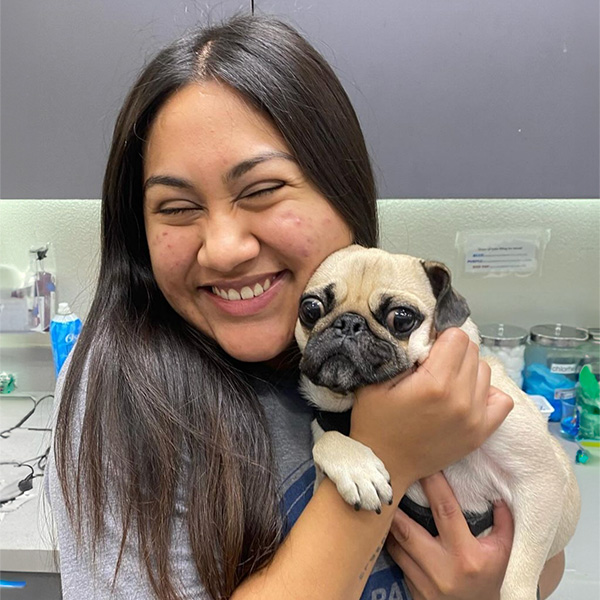Dogs
Emergency Survival Kit For Pets
In times of crisis, being prepared can make all the difference for both you and your pets. Natural disasters, evacuations, or unexpected emergencies can force you to leave home quickly. Having an emergency survival kit ready ensures that your pet stays safe, comfortable, and by your side no matter what happens. Planning Ahead A solid…
Read MoreThe Importance of Ear Cytology in Veterinary Medicine
Ear cytology is a vital diagnostic tool in veterinary medicine, providing critical insights into ear health, diagnosing infections, and guiding treatment. Given the frequency of ear problems in dogs and cats, performing an ear cytology is an essential part of managing diseases of the ear. Understanding Ear Cytology Ear cytology involves collecting a sample from…
Read MoreCanine Hemangiosarcoma: A Guide for Pet Owners
What is Hemangiosarcoma? Hemangiosarcoma is a malignant tumor that arises from the endothelial cells that line blood vessels. It most commonly occurs in dogs, particularly in breeds such as Golden Retrievers, German Shepherds, and Labrador Retrievers. This aggressive cancer can develop in various organs, but it most frequently affects the spleen, liver, and heart. Signs…
Read MoreVeterinary Acupuncture
What is Veterinary Acupuncture? Veterinary acupuncture is a holistic treatment method that involves the insertion of fineneedles into specific points on your pet’s body. This ancient practice, rooted in TraditionalChinese Medicine (TCM), aims to promote healing, relieve pain, and restore balance withinthe body. How Does Acupuncture Work? Acupuncture works by stimulating the nervous system and…
Read MoreCanine Glaucoma
What is Glaucoma? Canine glaucoma is a serious and potentially vision-threatening condition characterized by elevated intraocular pressure (IOP) within the eye. This increased pressure can lead to damage of the optic nerve and may result in vision loss. Glaucoma in dogs can be classified into two primary types: Predisposed Breeds Some breeds known to have…
Read MoreSeizures in Dogs and Cats
— By Dr. Breckyn Clark — Watching your pet experience a seizure can be a frightening and overwhelming moment for any pet owner. Seizures can come on suddenly and may leave you feeling unsure of how to help or what steps to take next. While they can be caused by various issues, understanding what to…
Read MoreYour Furry Furry One is Getting Older: 5 Essential Tips
— By Dr. Kathryn Sarpong, DVM — Has your cat stopped jumping on the back of the sofa, or has your dog started slowing down on his walks? These can be signs of arthritis or aging. Most dogs are considered senior after 7 years of age, while cats after age 10. But just like us,…
Read MoreIntervertebral Disk Disease in Pets (IVDD)
— By Dr. Gabriela Castillo, DVM — Intervertebral disk disease, or IVDD, is a common neurologic (nerve) disorder that occurs primarily in dogs and rarely in cats. It occurs when an intervertebral disk ruptures and compresses the spinal cord. The spinal cord is protected by the vertebrae, which are the bones of the spine. In…
Read MoreCanine Pyometra, Everything You Need To Know
What is a pyometra? The name defines itself: “pyo” (pus) and “metra” (uterus). In its simplest form, it is an infection of the uterus. What causes pyometra? It is a combination of hormonal changes and bacterial overgrowth within the uterus’s lining. As the female dog continues to undergo several heat cycles, the lining of the…
Read MoreMy Dog is Pregnant… What Now?
— By Dr. Breckyn McLean, D.V.M — Congratulations! Your dog’s pregnancy can be an exciting time for you and your family. There are quite a few recommendations during this time to help your dog maintain a healthy pregnancy. Below are a few facts, tips, and tricks to help care for your dog’s needs during this…
Read More









